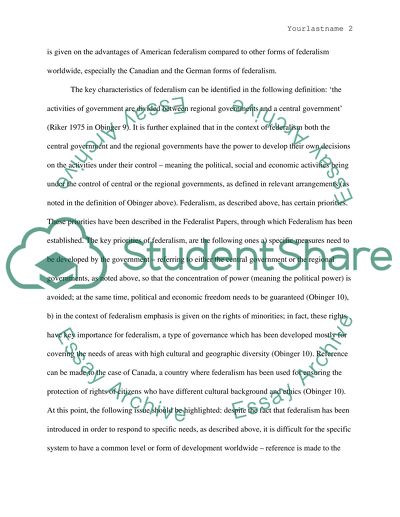Cite this document
(“How Exceptional is or was the American Federalism Compared to Canada Essay”, n.d.)
Retrieved from https://studentshare.org/environmental-studies/1417094-how-exceptional-is-or-was-the-american-federalism
Retrieved from https://studentshare.org/environmental-studies/1417094-how-exceptional-is-or-was-the-american-federalism
(How Exceptional Is or Was the American Federalism Compared to Canada Essay)
https://studentshare.org/environmental-studies/1417094-how-exceptional-is-or-was-the-american-federalism.
https://studentshare.org/environmental-studies/1417094-how-exceptional-is-or-was-the-american-federalism.
“How Exceptional Is or Was the American Federalism Compared to Canada Essay”, n.d. https://studentshare.org/environmental-studies/1417094-how-exceptional-is-or-was-the-american-federalism.


